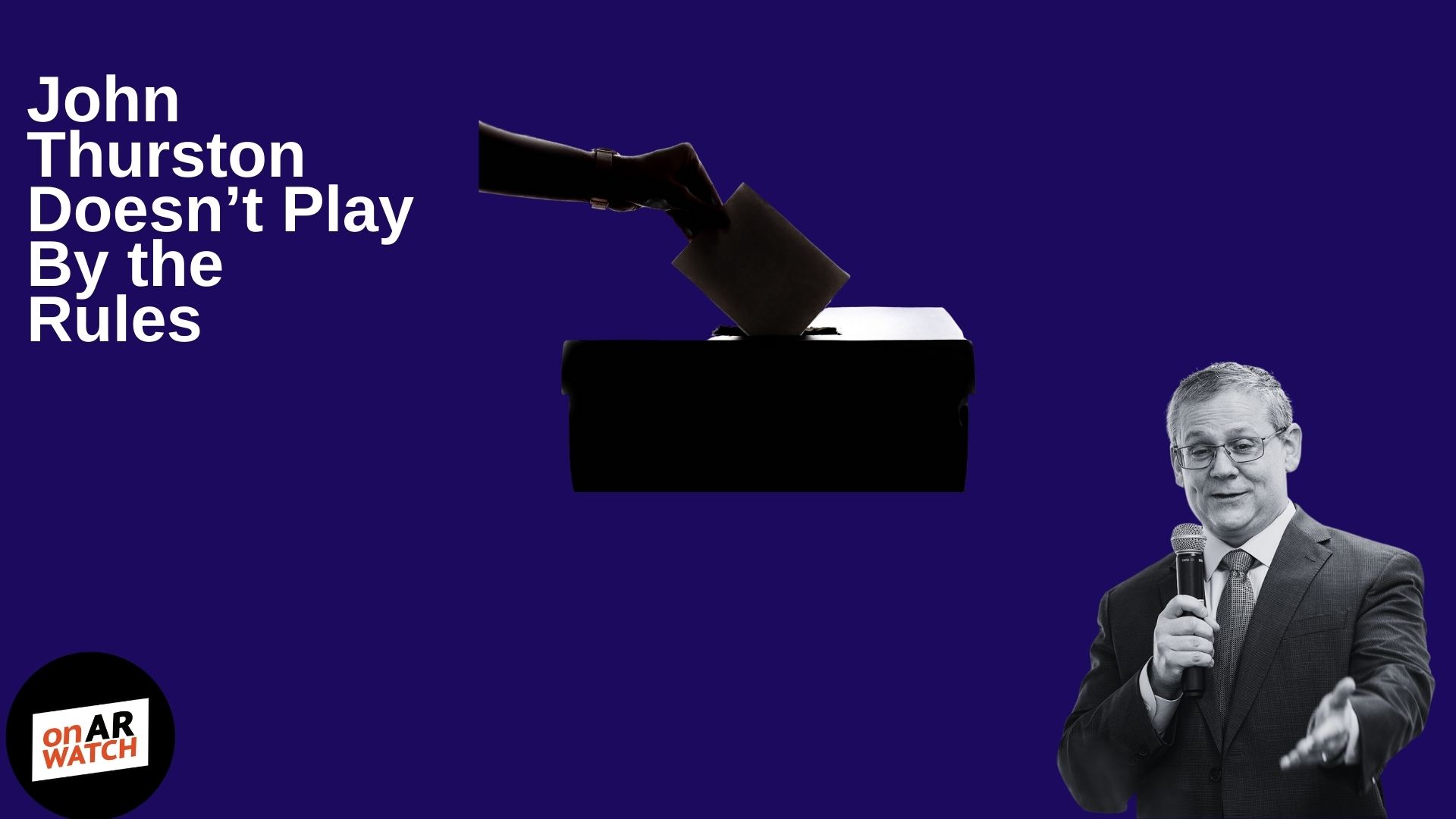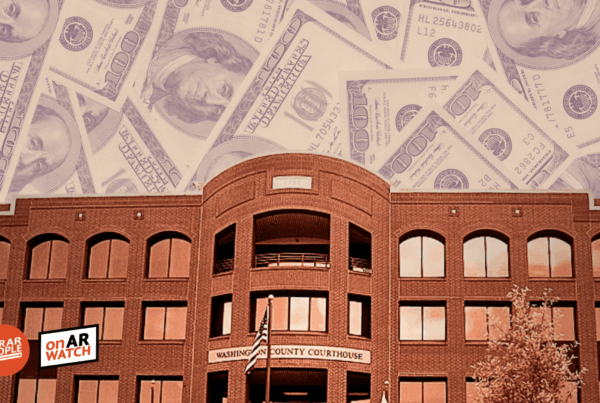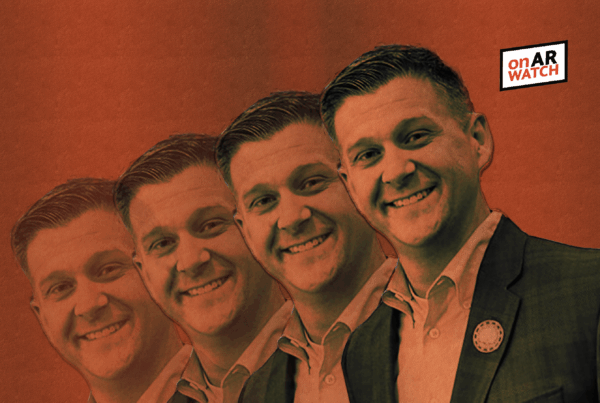Campaign finance is where power and influence truly converge— behind every political career is a network of financial backers and influential players. John Thurston’s political war chest is no exception, filled by a tangled web of lawyers, lobbyists, and political action committees (PACs). But after the stunts he’s been pulling we can’t help but ask: who’s really pulling the strings?
Presumably, John Thurston was a decent man who went into politics to serve the people of our state. Now, he’s serving only the extreme views of the Governor and Attorney General. They believe that abortion should be illegal under any and all circumstances, even in cases of rape, incest, and the life of the mother. They overreached, and John Thurston let them.
How? By throwing out legitimate signatures gathered to get an amendment on the ballot to restore compassionate abortion laws, despite the fact that all paperwork was turned in properly and on time. When Thurston did this, he took the decision out of the hands of Arkansans.
The Attorney General influenced John Thurston and, along with the Governor and Lieutenant Governor, as it appears, directed him to selectively reject just enough signatures so that the petition to add the amendment would fall short. His “decision,” backed by the Attorney General and praised by the Supreme Court Chief Justice, took power from Arkansans, dictating decisions that should be between a woman and her doctor and setting the stage for the state to make all decisions related to family planning and contraception.
But he didn’t just play this game with one ballot measure, he followed this script with all three measures that went against his personal beliefs: Abortion, Casinos, and Medical Marijuana. He, like all Arkansans, could have voted his conscience on November 5. Instead, he pulled strings to ensure that his single vote was the only one that mattered or could be cast.
Even if you support his beliefs, can you support his actions? Because if this can be done so easily, who else could use this dangerous precedent to knock down future measures you want to see on the ballot? Who else can choose to change the rules at the end of the game to ensure that they win? We need to act, because when playing with people who don’t care about the rules —the very rules they were elected to follow—we all lose.




